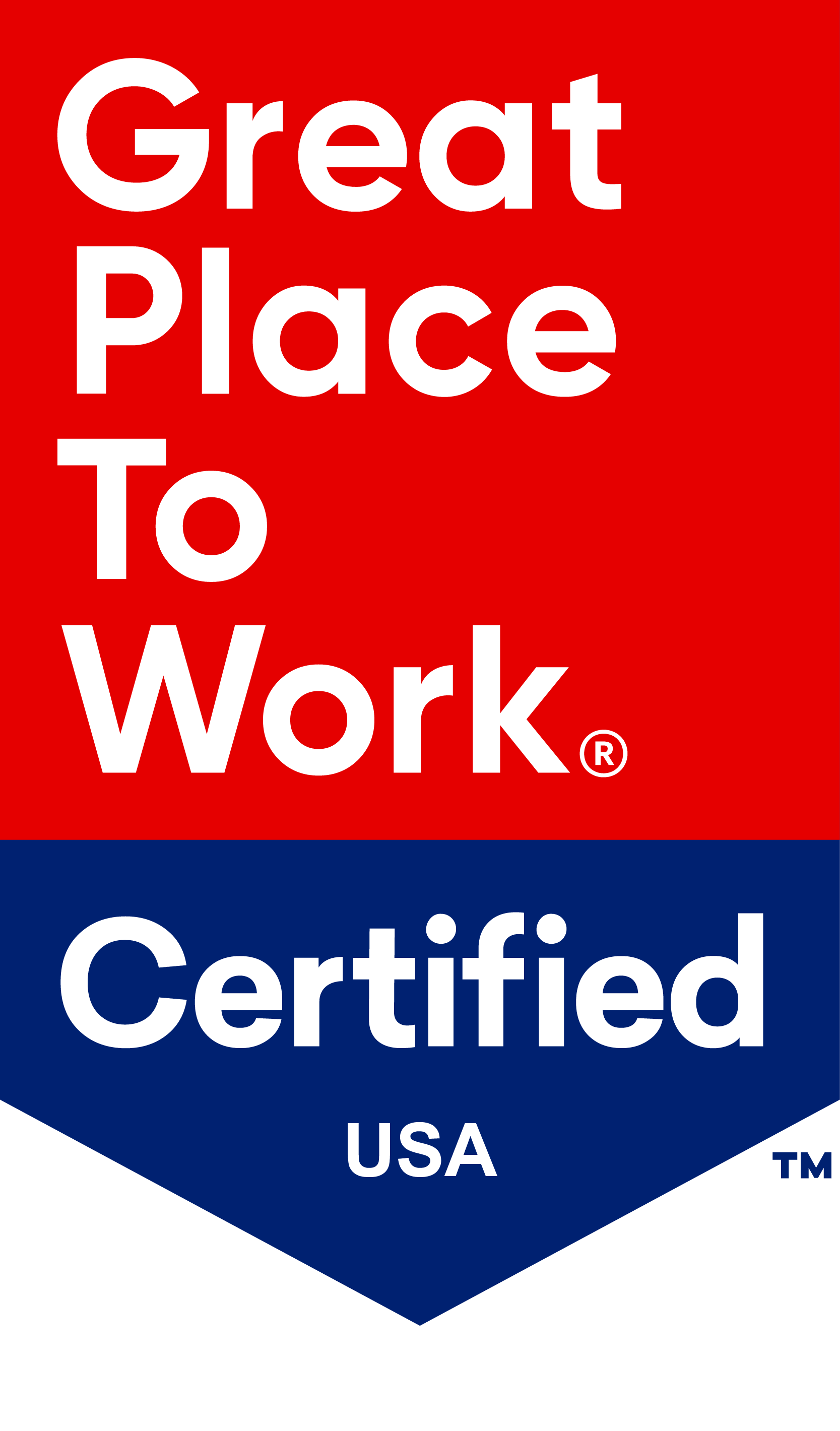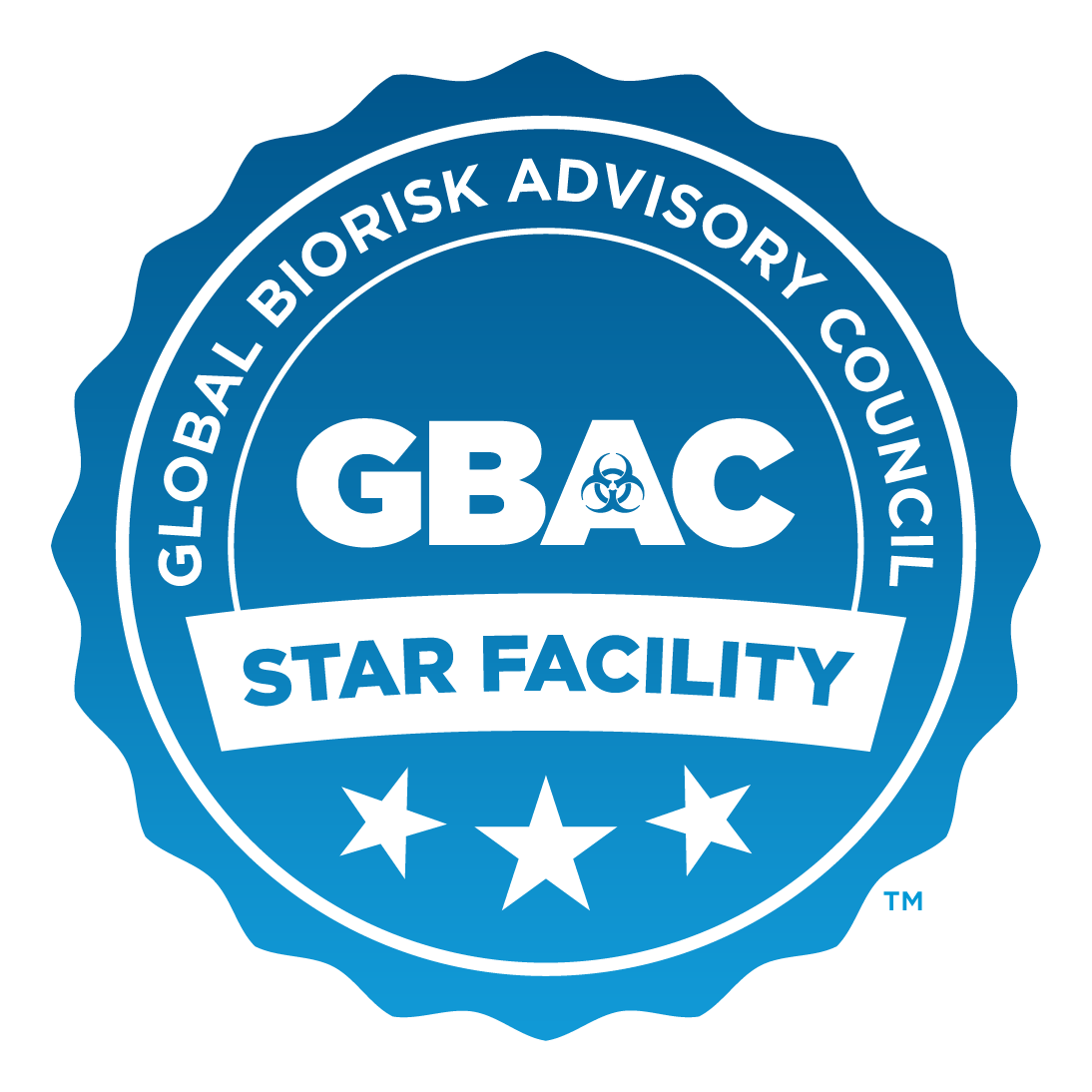ECONOMIC IMPACT
Richmond International Airport (RIC), the gateway to Virginia's Capital Region, plays a vital role in the Central Virginia regional economy. According to the Virginia Department of Aviation, the activities of RIC and its tenants are responsible for nearly 16,000 jobs and annual economic activity of nearly $2.1 billion. The airport also plays an important role in attracting economic development and supporting world-class business operations.
Master Plan
The primary purpose of the Master Plan update is to serve as a general guide for the orderly, timely and logical development of Richmond International Airport (RIC) so the facility can serve the aviation and economic development needs of Virginia's Capital Region over the next 20 years. Please see the Master Plan Update Executive Summary and the Airport Layout Plan below.
Foreign Trade Zone (FTZ) #207
Richmond International Airport has been designated a Foreign-Trade Zone (FTZ) #207, where foreign and domestic merchandise is considered to be in international commerce (not in U.S. Commerce territory), meaning that foreign merchandise may be admitted into the foreign-trade zone without payment of Customs duties or government excise taxes.
The Capital Region Airport Commission acting as Grantee for Foreign-Trade Zone #207 has been reorganized and operates under the Alternative Site Framework (ASF) pursuant to US Dept. of Commerce, FTZ Board Order No. 1950 as published in the Federal Register No. 201, on October 17, 2014.

THE BENEFITS OF USING A FTZ
FTZs allow businesses to reduce the costs associated with production, transaction and logistics. While FTZs remain under the direct supervision of U.S. Customs and Border Protection, businesses don’t pay duties on imported goods that are later re-exported. Additionally, businesses can benefit from the delayed payment of duties on goods that enter the U.S. market.
Other benefits:
- Merchandise isn’t subject to state, local or inventory taxes.
- Penalties and fines can be avoided for materials with incorrect origin markings.
- Merchandise can be transferred from one FTZ to another, to a subzone or, for certain activities, temporarily removed from the FTZ.
Frequently Asked Questions
A foreign-trade zone is a secure, defined location in or near a port of entry where special customs procedures may be used. Located in all 50 states and Puerto Rico, FTZs encourage U.S. involvement in international trade and capital investment.
The FTZ Program was developed to promote economic development through international trade. The Foreign-Trade Zones Act of 1934 created the Foreign-Trade Zones Board, which reviews and approves foreign-trade zone applications based on the public interest of the FTZ project. The FTZ Board also regulates the administration of foreign-trade zones and the rates charged by zone grantees.
Merchandise in a zone may be assembled, cleaned, displayed, destroyed, exhibited, manipulated, manufactured, mixed, processed, relabeled, repackaged, repaired, salvaged, sampled, stored and tested. Manufacturing, processing and any activity that results in a change of the tariff classification must be specifically approved by the FTZ Board. Retail trade is prohibited in FTZs.
Imported products admitted to the FTZ are not entered into the Customs territory until their withdrawal from the FTZ. Therefore, users obtain a cash-flow savings by deferring Customs duties until the merchandise leaves the FTZ for consumption in the U.S. Certain duty deferral and reduction benefits also apply on production equipment admitted to the FTZ for assembly and testing prior to use in production.
If the company uses more than one FTZ, merchandise may be transferred from zone to zone in order to extend the deferral benefits further. This can be implemented up and down the supply chain by incorporating the activities of suppliers and customers.
Goods may be exported from a zone free of duty and federal excise tax. Goods may also be destroyed in a zone without payment of duty and federal excise tax.
With approval from the Foreign-Trade Zones Board, when merchandise is admitted into the zone, the importer may elect a zone status that requires payment of the duty rate applicable to either the materials as admitted or to the finished product as removed from the zone, depending upon which is lower. This benefit is only applicable to manufacturing zones.
Resources
U.S. International Trade Administration
Foreign-Trade Zones Board FAQs
Foreign-Trade Zones: Supporting U.S. Competitiveness and Jobs (PDF)


